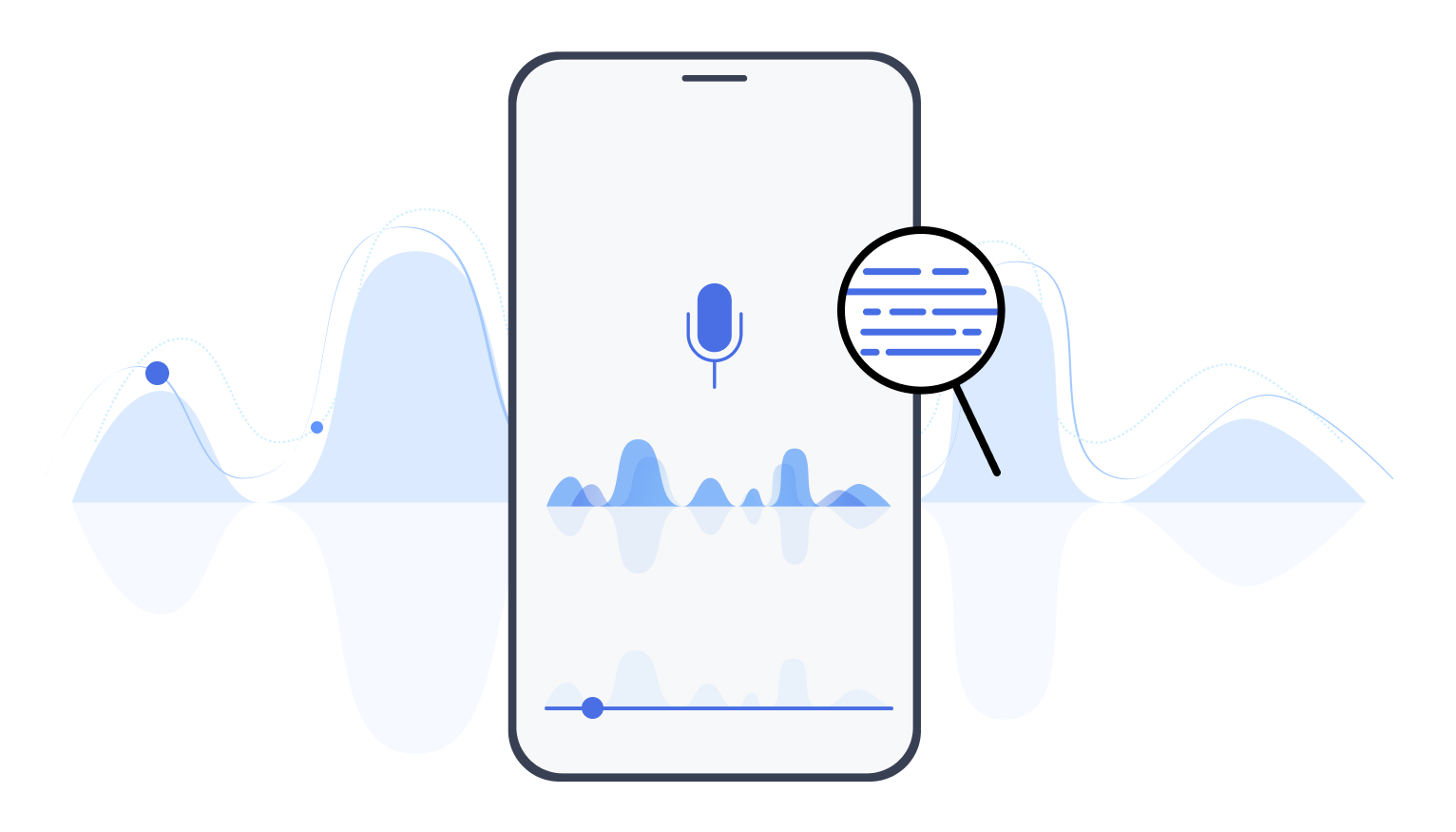In a digital environment increasingly focused on customer experience or CX, Providing a high-quality service is essential to strengthen consumer loyalty and establish solid ties with them; However, when it comes to raising the quality of service, it is imperative to allocate resources towards practical approaches and solutions.
Currently, although most companies already have some type of call recording system, the importance of the data contained in these is greatly valued, since they can become a rich source of information, with which to benefit departments. marketing and sales teams.
For all of the above, voice analysis technology or Speech Analytics is emerging as one of the most requested trends by companies, when it comes to analyzing conversations and optimizing customer service, but what is Speech Analytics and how? Can it help you increase sales?
We’ll tell you then. Continue reading!
💡 We tell you everything about recording calls. Don’t miss our article:
“Call recording for businesses, what it is and why it is so valuable”.
What is Speech Analytics?
Based on the fact that satisfied customers mean success for your company, knowing their opinion can become a powerful tool to generate new business opportunities and save your company unnecessary costs.
Speech Analytics is the technology used to analyze and extract valuable information from conversations with customers, converting spoken content into structured and understandable data that can be analyzed and used, to improve decision making and optimize the results of the various departments of your company.
Call recording and subsequent analysis will therefore allow you to gather information from your customers and identify patterns with which you can improve future interactions and offer them a better service to maximize customer results. your business.
Until a few years ago, this monitoring involved having a supervisor listening to random conversations, but as we have seen, today, thanks to voice recognition technologies and the development of artificial intelligence, the analysis of conversations with clients can be carried out. automatically and much more efficiently.
We explain how!

How to implement Speech Analytics in your business?
Implementing a speech analytics solution in your business can become a powerful strategy with which to improve your results and increase the satisfaction of your customers.
We provide you with some key steps to implement voice analysis in your company:
#1. Define your objectives and goals:
Before implementing any voice analytics technology, it is important that you clearly define the objectives you want to achieve: improve customer satisfaction, identify common problems, measure the effectiveness of your agents…
#2. Select the right technology:
Research and select a speech analytics solution that meets your needs. You can choose to develop a custom solution or use speech analysis tools and services already available on the market: Google Cloud Speech-to-Text, IBM Watson Speech to Text or Amazon Transcribe.
#3. Collect and process:
Collect recordings of your customer interactions and use speech analysis technology to automatically transcribe speech to text. This will facilitate subsequent analysis and search for specific information in conversations.
#4. Identify trends and patterns:
Analyzes transcribed text using natural language processing (NPL) techniques to identify keywords, common problems, customer concerns, or frequently asked questions and queries.
#5. Detect opportunities for improvement:
Use the information obtained to create reports and metrics that summarize the findings and results of Speech Analytics or voice analysis. These reports can help you make informed decisions and make improvements to customer service.
#6. Automation and staff training:
You can also use the information collected to automate responses to frequently asked questions and provide useful information to your agents during customer interactions.
#7. Integration with existing systems:
Make sure your Speech Analytics solution can integrate effectively with your customer management or CRM system. This will facilitate the automation of various tasks based on the insights generated.
#8. Evaluate the ROI (return on investment):
Measure the economic impact of implementing voice analytics on your business to evaluate whether it is generating a positive return on investment.
#9. Continuous monitoring:
You should not forget that voice analysis is an ongoing process, so you will need to continue monitoring and adjusting your systems and strategies as you accumulate data and identify new trends, to continue improving your operations.
#10. Normative compliance:
Since you will need to collect and store recordings of your customers’ calls, make sure you comply with all data privacy and call recording regulations.
As you have seen, implementing a speech analytics solution in your business can be a complex process that involves careful planning, customization, training and ongoing monitoring, but integrating this technology effectively offers significant benefits.
Do you want to know how to get the most out of your Speech Analytics solution?
We review everything you need to know about it, below.

What are the advantages and benefits of Speech Analytics?
Speech analysis is applied in a variety of contexts and sectors, such as customer service departments, help desks, contact centers, and more. Some of the main benefits of Speech Analytics include:
√ Improved customer service:
You can use speech analytics to evaluate the quality of customer service and take steps to improve experience and satisfaction. This involves analyzing the interactions between your agents and your customers to identify areas for improvement such as the friendliness of the operators, problem resolution, waiting times, etc.
√ Problem and Trend Detection:
Speech analytics can help you identify emerging issues and trends. For example, you can detect patterns of customer complaints or problems with certain products and take preventive measures.
√ Regulatory Compliance and Supervision:
You can use speech analytics to monitor conversations and ensure proper procedures are followed, ensuring your business complies with current regulations.
√ Risk Management:
Speech analytics solutions will help you identify and mitigate potential risks by monitoring conversations for signs of fraud, unethical behavior, or bad business practices.
√ Business Process Optimization:
Find ways to improve business processes by identifying inefficiencies and improvement opportunities from recorded interactions.
√ Staff Training and Development:
Use speech analysis to identify areas for improvement, evaluate and provide better sales and customer service training to your staff.
√ Generation of Reports and Metrics:
Create reports and metrics based on voice analytics data to evaluate the performance and effectiveness of your teams and business strategies.
√ Segmentation and Personalization:
Use voice analytics data to segment your customers into groups based on their needs and preferences, allowing you to personalize your communications and marketing strategies.
√ Market Research:
Obtain valuable information about customer opinions and perceptions by analyzing their conversations and comments.
Ultimately, voice analytics solutions have diverse applications and can be valuable in different industries to improve efficiency, quality and security in communications and interactions with customers.
CONCLUSION
As we have been seeing throughout this article, Speech Analytics has proven to be a versatile and powerful tool in various fields, from customer service to strategic decision making. Its ability to analyze large amounts of voice data quickly and efficiently makes it a valuable tool for improving operational efficiency, service quality, and understanding of the market and customers. /strong>. However, its successful implementation requires careful planning and consideration of privacy and ethics issues in the collection and use of voice data.
In Webphone we think that, today, to establish solid relationships between consumers and brands, it is It is crucial to have strategies and technological resources that enable companies not only to understand and know their customers exhaustively, but also to personalize and optimize each interaction.
Are you interested in applying the full potential of speech analytics in your company?
Check out our solutions!
